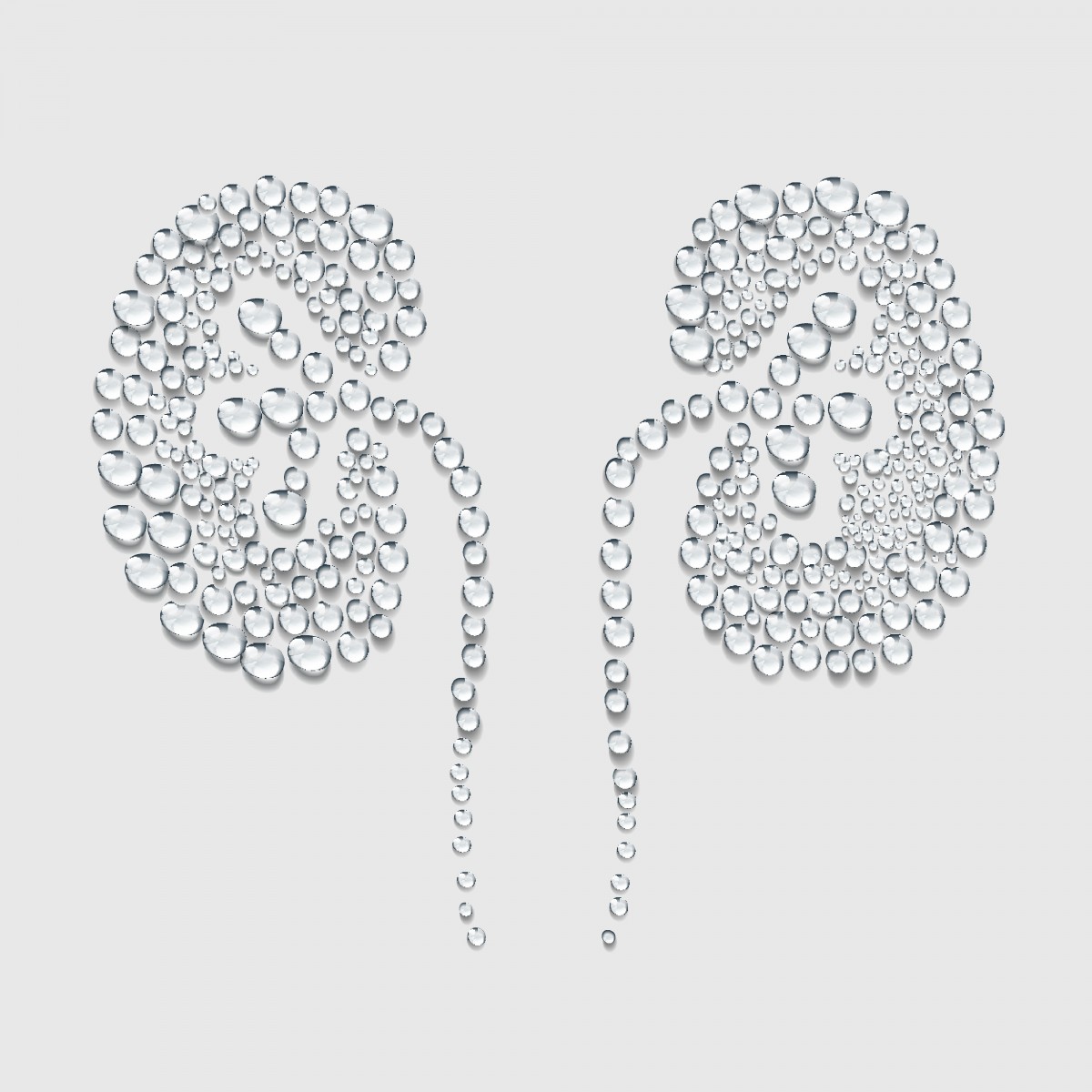Urinary Tract Symptoms Found to Affect 70% of MS Patients in Study and Contribute to Disability

Urinary tract symptoms affect a large proportion of patients with multiple sclerosis (MS), yet their extent and type is not well-known. A study reported that among a cohort of people with the disease, almost 70 percent had urinary tract problems, adding to the extent of their disability.
The study, “Clinical Characteristics and Urodynamic Analysis of Urinary Dysfunction in Multiple Sclerosis,“ was published in the Chinese Medical Journal.
Researchers at Capital Medical University in Beijing enrolled 126 MS patients — a group composed of 30 people with clinically isolated syndrome (CIS), 64 with relapsing-remitting MS (RRMS), 10 with primary progressive MS (PPMS), and 22 with secondary progressive MS (SPMS).
In this sample, 67.5 percent had lower urinary tract symptoms, most frequently in the form of urgency to urinate. The most common urological abnormality was an overactive bladder muscle, likely the main cause of feelings of urgency as 71.6 percent of patients with urgency also had an overactive bladder. Other common symptoms were frequent urination, urge incontinence, and stress incontinence.
Urological symptoms were associated with more severe disability, as assessed by the expanded disability status scale (EDSS). Particularly, a scale measuring the severity of overactive bladder indicated that the greater the bladder symptoms, the higher the disability.
CIS patients had fewer instances of overactive bladder and less disability than RRMS or progressive MS patients, but the research team could not observe any difference between the RRMS and progressive MS groups.
The researchers also explored if MS treatment impacted urinary tract symptoms, and noted improvement in some parameters in all groups following treatment. The study, however, did not distinguish among different types of treatment, ranging from immunomodulatory therapies with interferon over methylprednisolone and behavioral therapy. The study also mentioned that urinary tract symptoms were treated with both anticholinergic drugs and intermittent catheterization. The mean treatment period was only 14 days, and each MS type showed improvements in different parameters.
These factors make it difficult to draw any firm conclusions about MS treatment and potential improvement in urinary tract function.
Nevertheless, measuring urinary tract function parameters might guide clinicians in their management decisions, and possibly offer prognostic clues of the risk for upper urinary tract deterioration.






